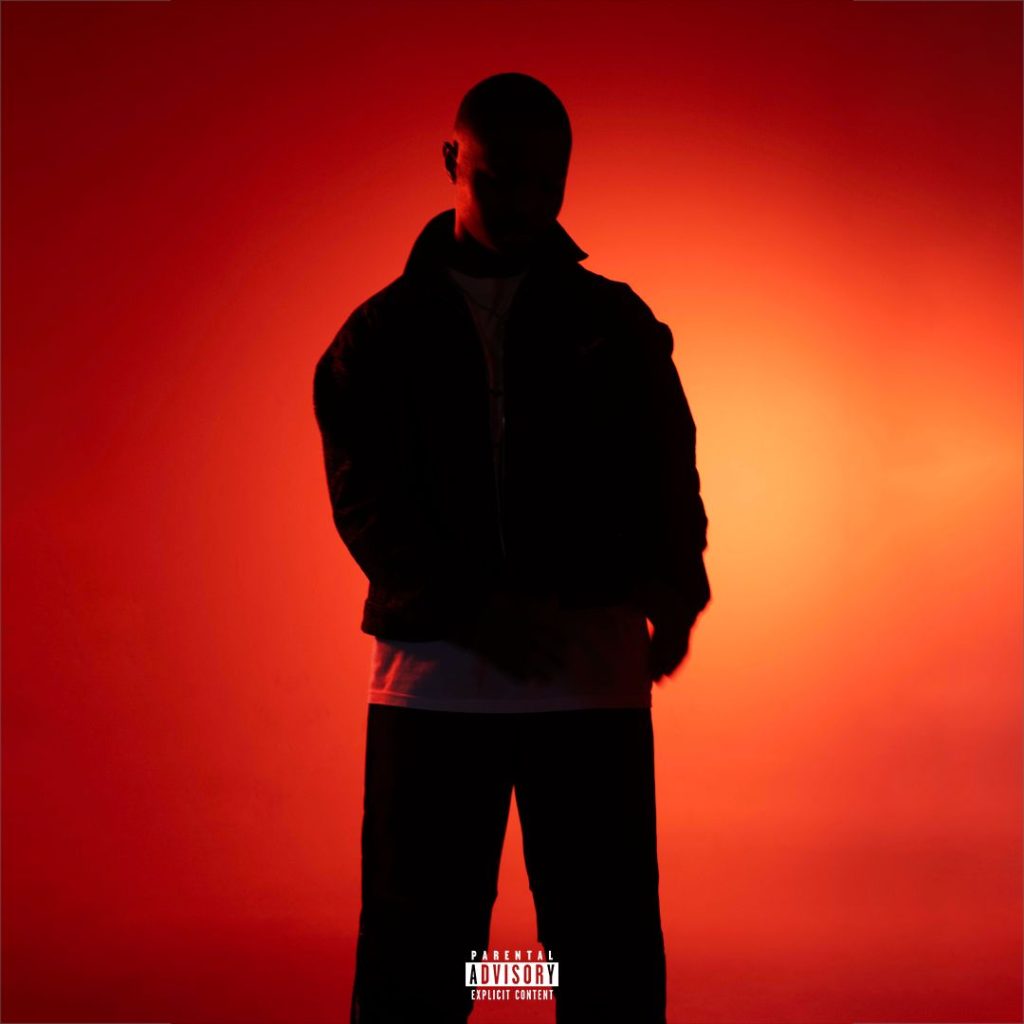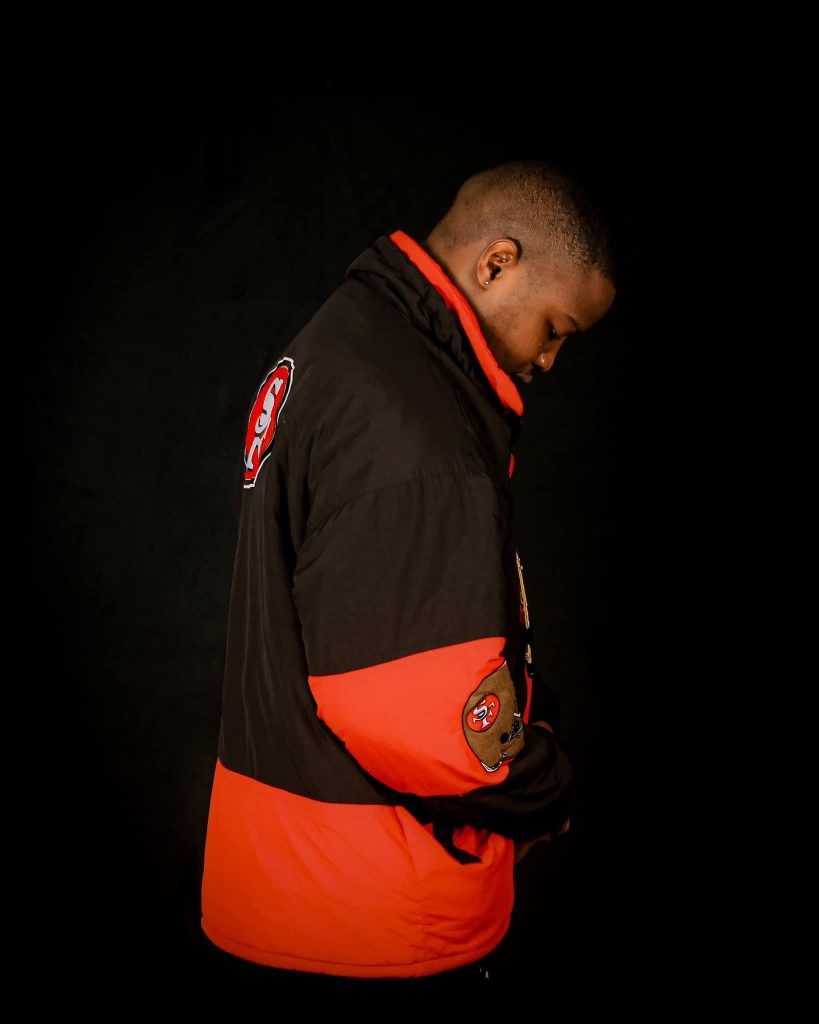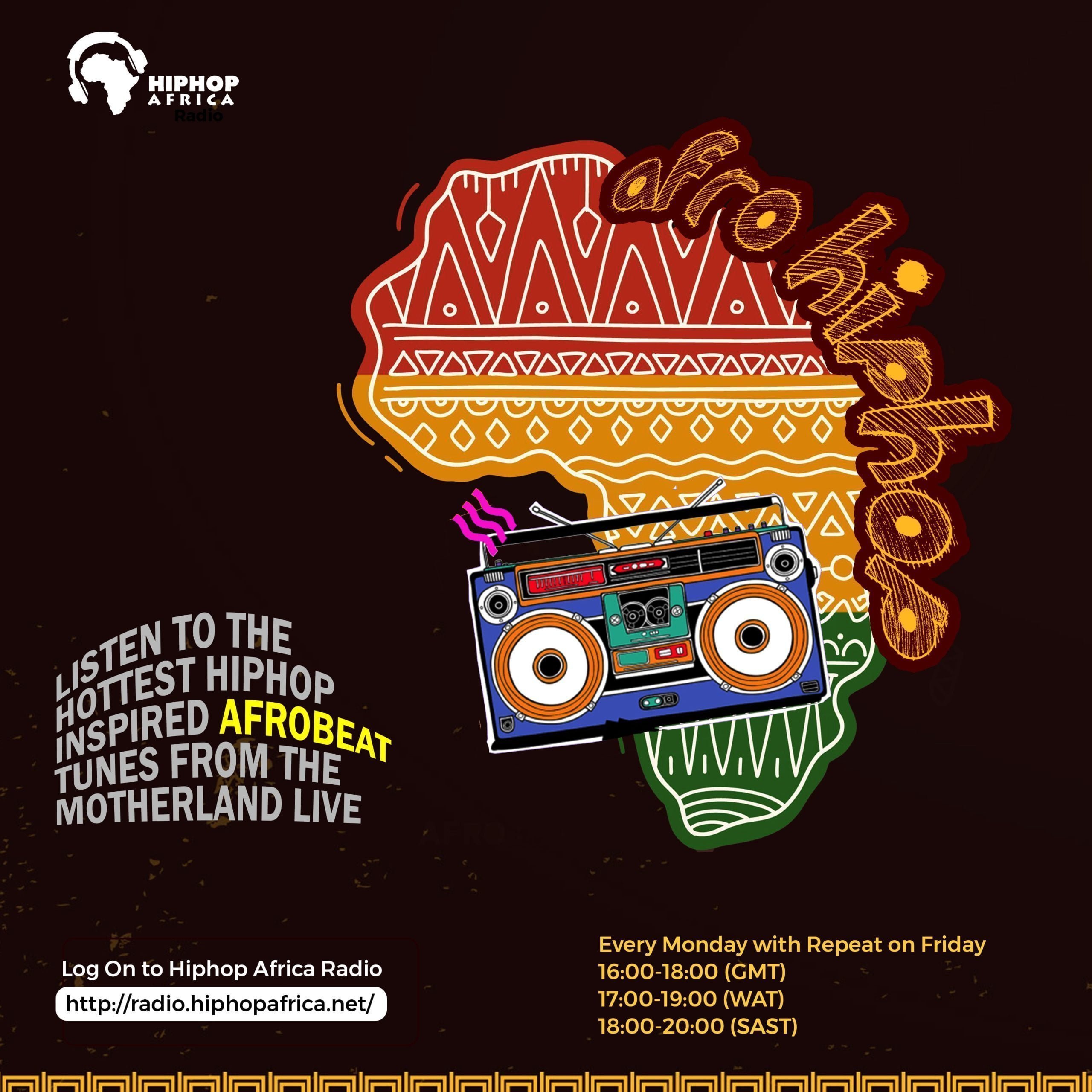Emerging from Umlazi’s bustling township streets, Tony Dayimane is a name poised to echo far beyond Durban and South African borders, carving his own space in the South African hip-hop scene with relentless tenacity. Known endearingly as a “Mlazi baby,” Tony is quickly ascending as a powerful new voice, blending authentic storytelling with the wide reach of social media. Unlike many artists attempting to breach the music industry’s closed gates, Tony turned to the democratic landscape of the internet, heeding Riky Rick’s galvanizing words at the 2017 METRO FM Awards: “Everything is living on the internet right now. So ,if you are a kid and you are watching this right now , forget radio, if they don’t let you play on radio,you better go on the internet and make your songs pop on the internet”, Tony took these words as gospel, launching his career through an unfiltered and unapologetic online presence, which quickly amassed millions of views across TikTok, Instagram, and YouTube. With longtime collaborator Usimamane by his side, Tony built a fanbase that thrives on his sharp-witted bars and electric freestyles, each new track acting as a testament to his Zulu heritage and the urban vibrance of Umlazi.
Just days before his highly anticipated debut album Red October: Induction dropped, Tony announced that his previous EP, Big Boy, had achieved platinum status according to the Recording Industry of South Africa (RiSA). For a rapper grounded in the raw realism of Umlazi’s streets, this was no small feat. My introduction to Tony’s work began with his single “Ifilimu,” a high-energy collaboration with Usimamane that not only captivated me with its lyrical agility but showcased Tony’s pride in making Zulu culture sound effortlessly contemporary. Tony’s work embraces his roots unapologetically, creating something distinct and irrefutably South African.

Released on October 25, 2024, Red October: Induction feels like a cinematic debut, a cultural manifesto that’s equal parts personal narrative and universal experience. The album includes an impressive roster of collaborators, featuring Usimamane, Okmalumkoolkat, Beast, Yanga Chief, Kwesta, Emtee, along with soulful contributions from Nomfundo Moh, Zawadi Yamungu, and Mnqobi Yazo. In its first week alone, the album accrued over 1.1 million streams, a testament to Tony’s swift and undeniable rise in a genre that’s making great waves in South Africa this year. Each track in Red October is an immersive experience, a lyrical memoir traversing the complexities of family, fame, love, and loyalty. From the candid introspection in “Family Matters” to the swaggering braggadocio of “Wishlist,” Tony Dayimane crafts a narrative that’s unmistakably Zulu and distinctly his own.By the album’s end, it’s impossible not to feel as if you’ve traversed the gritty streets of Umlazi with him, each track feels like a personal that highlights the rappers come up story.
The album commences with the monumental track “iNDUCTION,” featuring Zawadi Yamungu’s ethereal vocals that feel almost ritualistic. The song itself feels almost ceremonial, drenched in indigenous African soundscapes and featuring the haunting strains of the Makhweyane, with Zawadi’s voice wrapping around the production like a spiritual invocation, urging Tony to recite his praise names—“Mchunu, Macingwane, uNdabezitha, Nyanda yemikhonto.” Tony’s delivery, steeped in reverence for his lineage, becomes an audible embrace of his cultural inheritance. By calling out his mother, uMaDlamini, Tony roots himself in family and makes it clear that his rise to stardom is a shared journey, a tribute to the resilience of those who raised him.
“Khuphuka” shifts the tone with its breezy, flamenco-infused guitar riffs, a surprising yet fitting contrast to Tony’s assertive lyrics. The track chronicles Tony’s journey from obscurity to the limelight, from “classroom raps” to performances at major stages like Cotton Fest. It’s a triumphal anthem, tinged with nostalgic self-assurance as he recalls the influence of South African rap icons like Nasty C and Cassper Nyovest. There’s a profound sense of ambition in his delivery as Tony displays an unshakeable belief in his ability to rise despite the odds. The track pulses with the resonating theme of dream-chasing, yet it remains grounded in the specific realities of South African youth and their resilience.
With “Mlazi Baby,” Tony Dayimane crafts a vibrant homage to Umlazi, his hometown, capturing its raw energy with each line. The beat is relentless, mirroring the pulse of Umlazi’s streets, where life brims with both struggle and celebration. “Bathi Umlazi Milano lapho, ikhaya yami lelo, yebo,” he declares, invoking Umlazi’s iconic status while asserting his loyalty to the place that made him. The song’s hook is hypnotic, designed to resonate in taxis, street corners, and clubs alike. In this song, Tony’s rapid-fire flow interlaces pride with reverence, creating a sonic monument to Umlazi that is as infectious as it is defiant. His rhythmic cadences pulse with a life force that mirrors Umlazi’s streets: fusion of resilience and revelry.
“Yaah,” featuring Okmalumkoolkat and Beast RSA, brings an exuberant playfulness that is central to Durban’s modern rap aesthetic. The track’s minimalistic beat serves as a backdrop for Tony, Okmalumkoolkat, and Beast to trade clever wordplay, embodying a confident, local swagger. Okmalumkoolkat’s line, “Shaya amaCombo acaka ne AI,” exemplifies the irreverent humor of Zulu rap, blending cultural savvy with contemporary cool. Beast’s contribution “ I beat entswembu kakhulu iyanghlolela, ngizoy’bamba nge Billiat, iKarma”, is a punchline that only South African football fans will fully appreciate, enriching the track with layers of hometown pride and clever cultural references.
In “Wishlist,” Tony Dayimane teams up with Hip Hop Veteran Kwesta, fellow Umlazi baby Usimamane, and the cool Yanga Chief to deliver a song brimming with rap bravado. The track’s stripped-down production allows each verse to shine with a raw intensity, as the artists lay out their aspirations with poetic exactitude. The song encapsulates the fierce ambition of South African hip-hop, where every line feels like a declaration of goals, dreams, and unrelenting dedication. The beat takes a step back, letting each verse unfold with deliberate intensity, layering their dreams and aspirations in poetic detail.
The album’s midpoint, marked by the “Siinaye” interlude, offers a haunting, contemplative pause. Siinaye’s voice resonates with an almost sacred calm, intoning words of affirmation: “Tony, they cannot bring you down; Tony, you gotta make us proud.” The interlude closes with intimate voice notes from Tony’s mother and grandparents, grounding the album’s ambition in familial love and support. This moment is both poignant and humbling, a quiet breather that balances the album’s high-energy tracks with a glimpse of Tony’s inner life, anchored by family and community.
“Family Matters,” featuring Mnqobi Yazo, delves even deeper into Tony’s personal narrative. It’s a raw, introspective track that addresses the absence of his father, contrasting it with the love he received from his mother and grandparents. Mnqobi Yazo’s vocals add a soulful gospel like depth, layering Tony’s verses with a sense of yearning and reflection. In this track, Tony navigates his past wounds with grace, transforming them into a heartfelt tribute to the strength of family bonds and the resilience he’s gained from them.
Tracks like “Love” with Nomfundo Moh and “Lonke” featuring Usimamane delve into the complex layers of love, weaving in both vulnerability and passion. The latter exudes a soundscape that fuses AfroPop and AfroBeats, showcasing a different yet impressive side of the Durban rappers, as they sing on the song.
The bold energy of rap’s braggadocio is seen on “Trap Ibhadi” featuring Emtee, where both rappers showcase their lyrical prowess, tapping into the pride and swagger essential to hip-hop. The next song “Dlala” has all the potential to become a staple in both clubs and the streets through the punchy beat, quintessential to Durban’s regional sound, and exuding Durban’s notorious rap hit culture: as the city itself is a city known to craft Hip Hop Hits. The album culminates with “Broke”, a bonus song defined by trap soundscapes and a punchy beat that pulsates with high energy. Broke is the perfect culmination to the album and completes Tony Dayimane’s story, as he concludesby recounting on life before fame, success and money.
With his debut album, Tony Dayimane has crafted a luminary experience that serves as a window into his soul and a lyrical documentary of his life, his heritage, and his ambitions. Each song feels like a chapter, pulling listeners into the vibrant scene of Umlazi, the hard-won milestones, and the intimate spaces of Tony’s journey. His debut album is a powerful invocation, a reclamation of self, and an invitation for listeners to step into Tony’s world, on his own terms.

Listen to Red October : Induction here
https://modar.bfan.link/83MGMT-red-october


